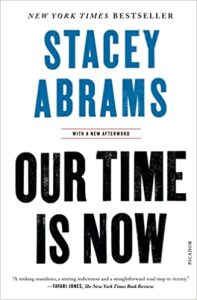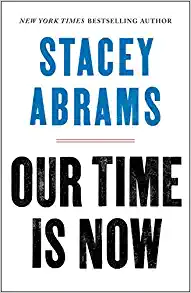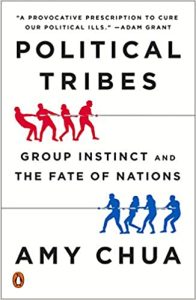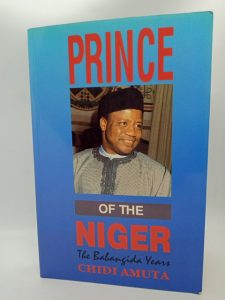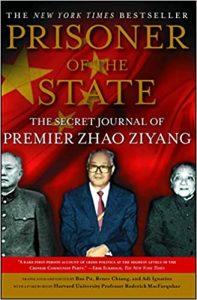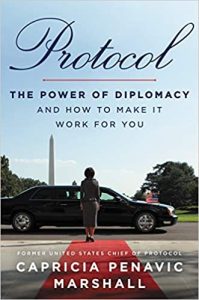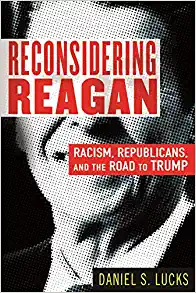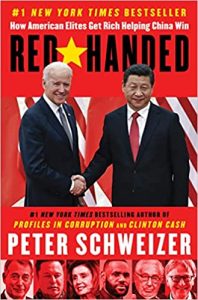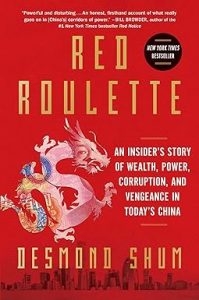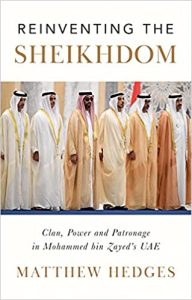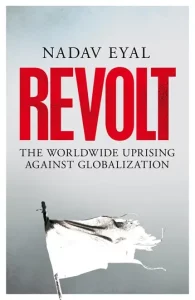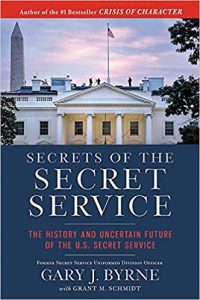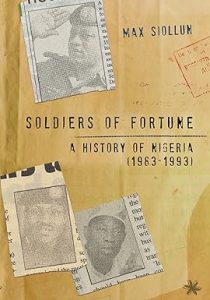Our Time Is Now
₦6,500.00A recognized expert on fair voting and civic engagement, Abrams chronicles a chilling account of how the right to vote and the principle of democracy have been and continue to be under attack. Abrams would have been the first African American woman governor, but experienced these effects firsthand, despite running the most innovative race in modern politics as the Democratic nominee in Georgia. Abrams didn’t win, but she has not conceded. The book compellingly argues for the importance of robust voter protections, an elevation of identity politics, engagement in the census, and a return to moral international leadership.
Our Time Is Now draws on extensive research from national organizations and renowned scholars, as well as anecdotes from her life and others’ who have fought throughout our country’s history for the power to be heard. The stakes could not be higher. Here are concrete solutions and inspiration to stand up for who we are?now.

